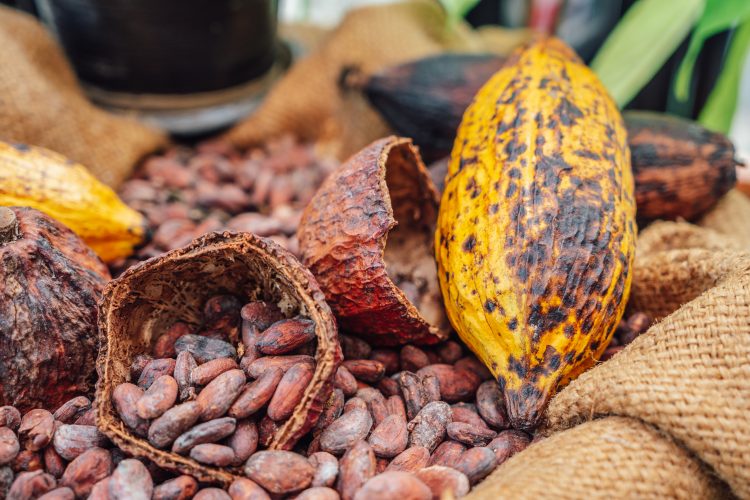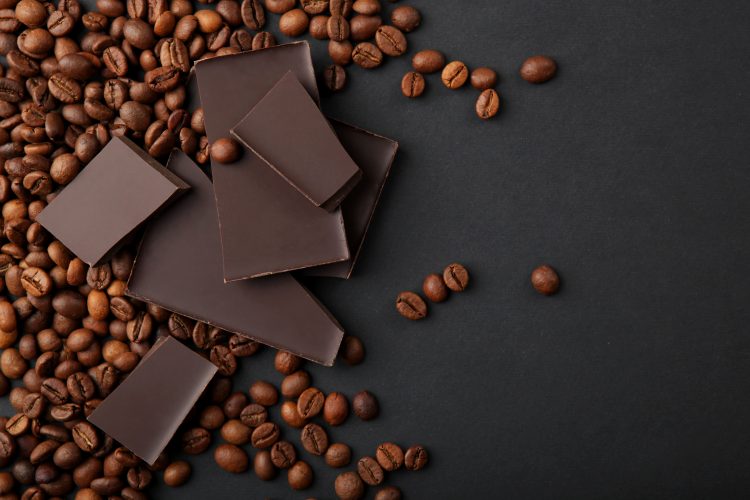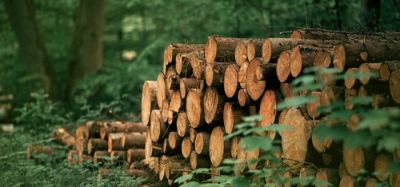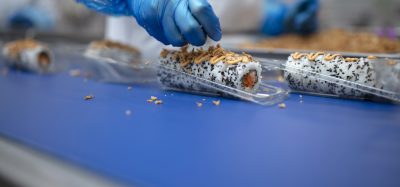Changing how we farm cocoa
- Like
- Digg
- Del
- Tumblr
- VKontakte
- Buffer
- Love This
- Odnoklassniki
- Meneame
- Blogger
- Amazon
- Yahoo Mail
- Gmail
- AOL
- Newsvine
- HackerNews
- Evernote
- MySpace
- Mail.ru
- Viadeo
- Line
- Comments
- Yummly
- SMS
- Viber
- Telegram
- Subscribe
- Skype
- Facebook Messenger
- Kakao
- LiveJournal
- Yammer
- Edgar
- Fintel
- Mix
- Instapaper
- Copy Link
Posted: 25 April 2022 | Julia Ocampo | No comments yet
Julia Ocampo, Director of Sustainability at Luker Chocolate, looks at how we can make a positive environmental impact with cocoa farming.


It’s a constant struggle for farmers to balance the carbon impact of their farms with productivity, yields, price and the cost of living. At Luker Chocolate, we work with farmers to put best practices in place that not only allow farms and biodiversity to thrive, but also helps to positively impact carbon emissions.
Strategic transformation – repurposing wasteland
According to the IPCC’s Special Report on Climate Change and Land, agriculture is estimated to be responsible for up to 8.5 percent of all greenhouse gas emissions, with a further 14.5 percent coming from land use change – primarily deforestation in the developing world to clear land for food production.
Both economically and environmentally, cocoa farming is much better for income, job creation and capturing carbon emissions. Farms can create green spaces, bring back wildlife, and benefit water systems – all of which help to reduce carbon output by removing carbon from the atmosphere.


Luker was the first private company in Colombia to sign the Cocoa, Forest and Peace initiative, which is committed to restoring more than 1,400,000 hectares throughout the country. The initiative is key to reversing the degradation of the land and contributes to the overall sustainable development of rural communities.
As cocoa is grown in over 80 percent of Colombia’s regions, this presents the perfect opportunity to transform this land and help boost the industry ecologically and economically.
Going circular – beyond offsetting
Some factories monitor carbon output with technology and find ways to offset through planting trees or buying bonus from third-party companies.
In the next few years, I predict there will be a change of thinking in the sector to focus on circular carbon strategies. This happens when crops naturally offset the emissions caused by factories and manufacturing, turning the business carbon positive by protecting the environment through planting forestry trees, abolishing deforestation, and promoting biodiversity.
This is what we see as a true circular sustainability strategy that is purpose driven, fully traceable and can save costs on offsetting elsewhere. At Luker, we’re almost there, having achieved full carbon compensation on our chocolate plant at the end of 2021.
Symbiosis with agroforestry
It’s important to protect the natural eco-systems in agriculture. Agroforestry systems are a brilliant way to boost forests, whilst maintaining a promising yield and helping the overall farm be more sustainable.
There will be a change of thinking in the sector to focus on circular carbon strategies.
Luker has created a 550-hectare agroforestry system on old cattle land as part of our El Rosario farm, increasing the number of trees from two per hectare to 600,000 overall. We have since replicated this success and it has become a focus for our sustainability arm, The Chocolate Dream.
It’s a win-win for carbon reduction as it prevents deforestation and provides an extra income to small cocoa farmers. This is because farmers who are measuring the carbon captured by the agroforestry systems can have a certified bonus to sell to market, and benefit from the extra crops mixed in with cocoa.
If we don’t protect our planet, we can’t protect our crops. The importance of changing how we farm will be the difference between reaching carbon zero targets and not. We still have a long way to go to make this common practice, but we can always strive to become even more sustainable and climate positive.
About the author
Julia Ocampo is the Director of Sustainability at Luker Chocolate. She oversees The Chocolate Dream and works directly with farmers to ensure Luker is supporting cocoa growing communities. Previously, she worked with The Luker Foundation before joining Luker as our Sustainability Director. She has worked hard to keep cocoa a force for good in Colombia, helping both local farmers and their communities to thrive.









